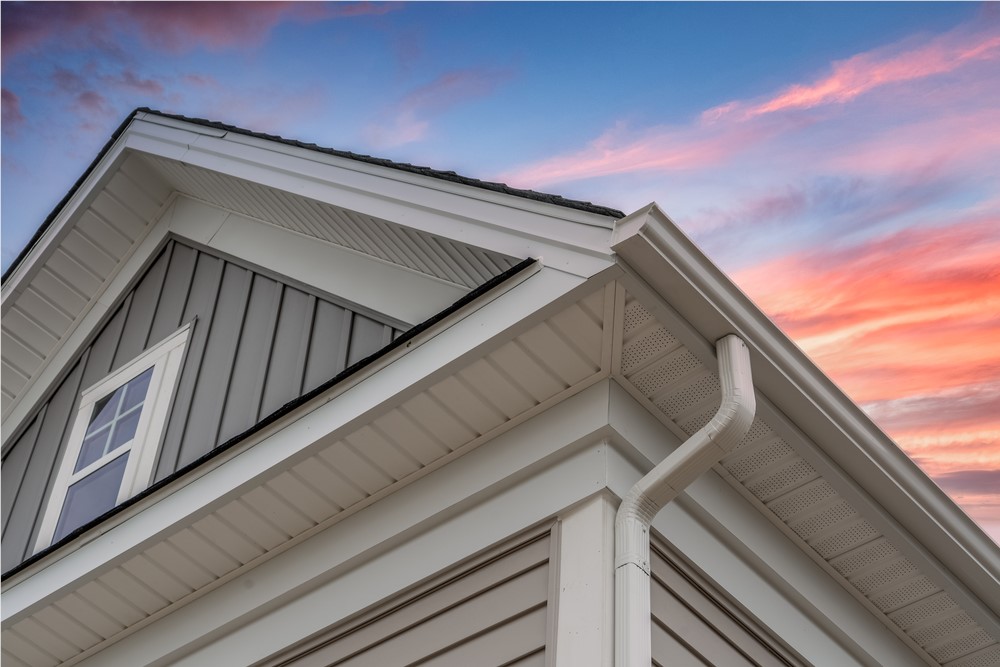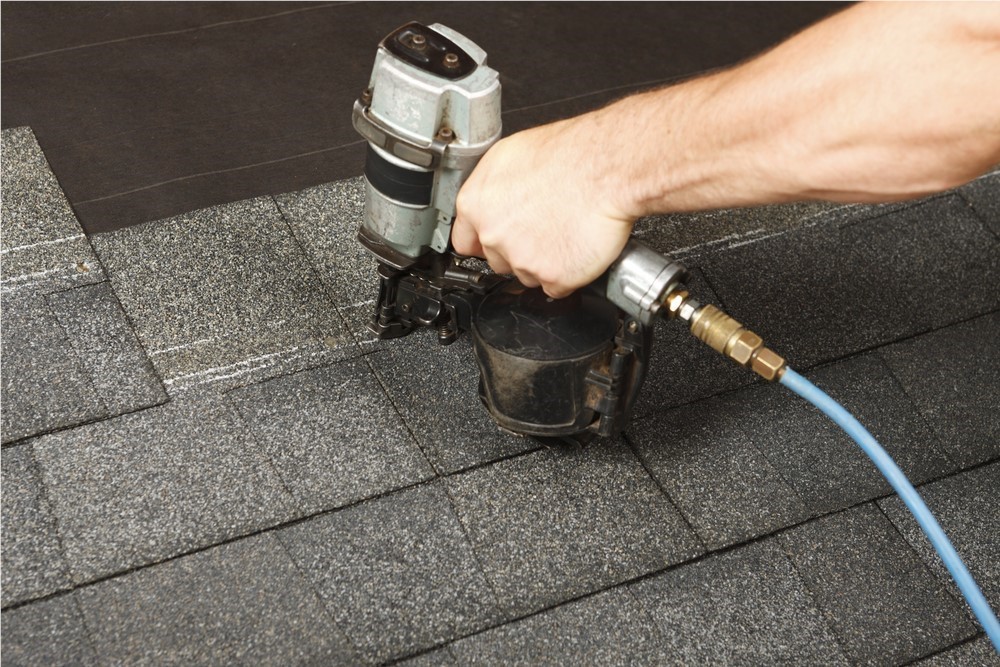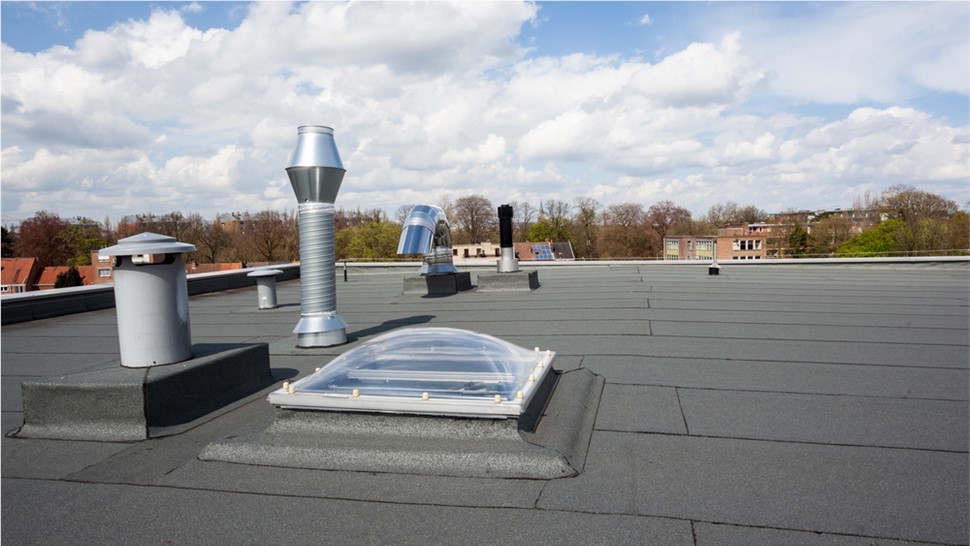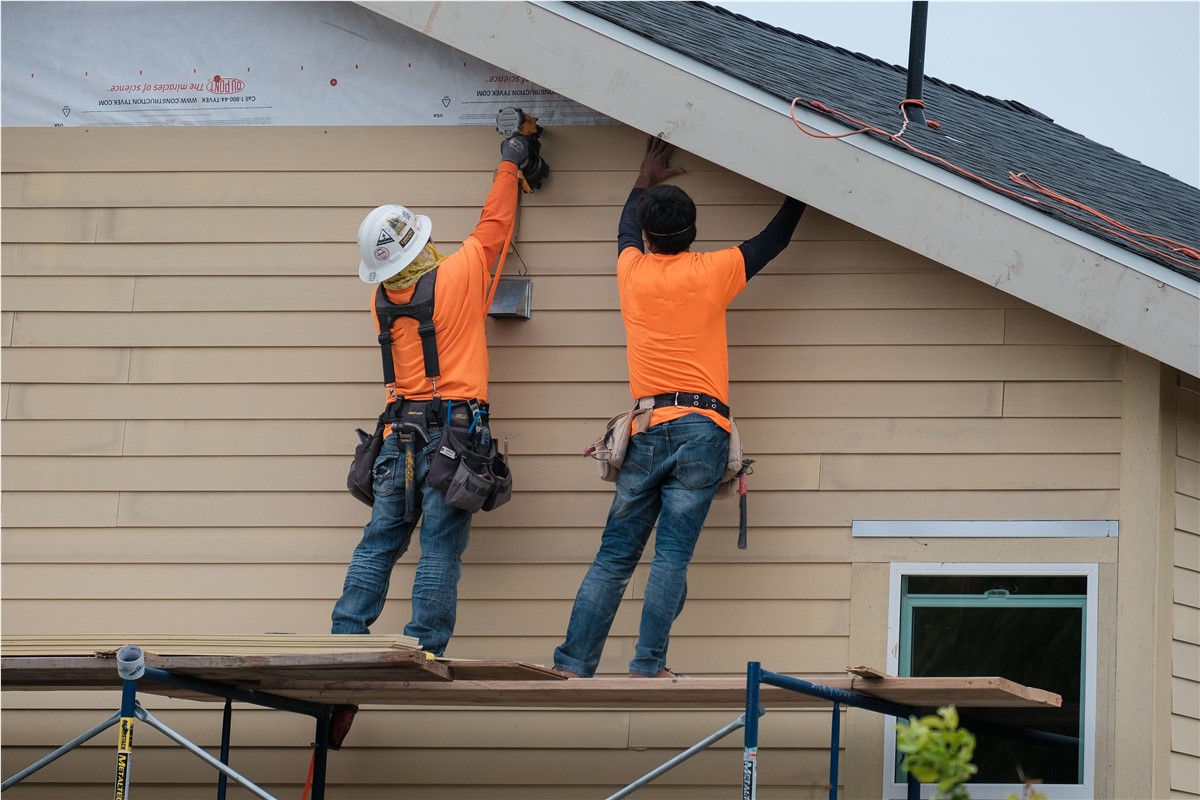Will Roof Leaks be Covered By Homeowners Insurance
At some point in every homeowner’s life, their home will likely be damaged, or in rarer cases, destroyed. Thankfully homeowner's insurance will be there to help with a variety of major costs. This may sound nice, but it does come with some caveats. The insurance provider will offer a list of possible damages to the home called an open peril list. This list is used to determine what the homeowner’s insurance provider will cover in the event of the home becoming damaged.Some open perils include lightning, theft, vandalism, fire, and several other scenarios in which the property could be defaced. If something is not included in the open peril list, your insurance provider may not cover it unless you opt for supplemental coverage.
What about roof leaks?
Roof leaks are the most common issue to arise because they can be caused by so many different situations. Because of this, roof leaks are often not explicitly listed as “open peril,” and coverage will likely depend on the cause of the leak.For example:
Imagine if a roof was hit by a hailstorm and the hailstones damaged its shingles. If the owner’s policy does not exclude wind or hail damage, then their insurance will most likely help with the resulting costs of repair. Some other causes of roof leaks that are generally covered include fire damage, wind damage, a fallen tree, or lightning damage. However, if your roof begins leaking due to age or not being properly maintained, the homeowner's insurance may not pay the repair costs.Homeowners insurance is typically there to pay for damage outside the owner’s control, like the hailstorm scenario. Insurance companies are also aware of the fact that an old or poorly maintained roof is more susceptible to weather damage. They could be less likely to cover problems caused by something out of the owner’s control if they believe the roof’s prior condition had something to do with it. Or, they might pay the “depreciated value,” which can be significantly less than the cost to replace. This is just one of the many reasons why roof maintenance should not be overlooked.
If you are unsure about whether or not the damage will be covered by your insurance provider, contact an insurance adjuster at the company providing your insurance. A roofing contractor may also be able to help work with your insurance provider.
What to do if your roof leaks
The first step is to take photos of any damages you see. If you find the source of the damages, pictures of that should be taken as well. The next step is getting an estimate on how much the repairs would cost. In this case, you would get an estimate from a roofing contractor. This will help you decide if filing a claim is worth it. If the damage does not exceed your deductible, your insurance provider will not cover it, and they may even raise your rates. After consulting with a roofing contractor and getting an estimate on repairs, they can advise you of whether contacting your insurance company is worth it. If so, you should contact your insurance provider’s claims department and file a claim.Subscribe to Amos Exteriors's Blog








Comments